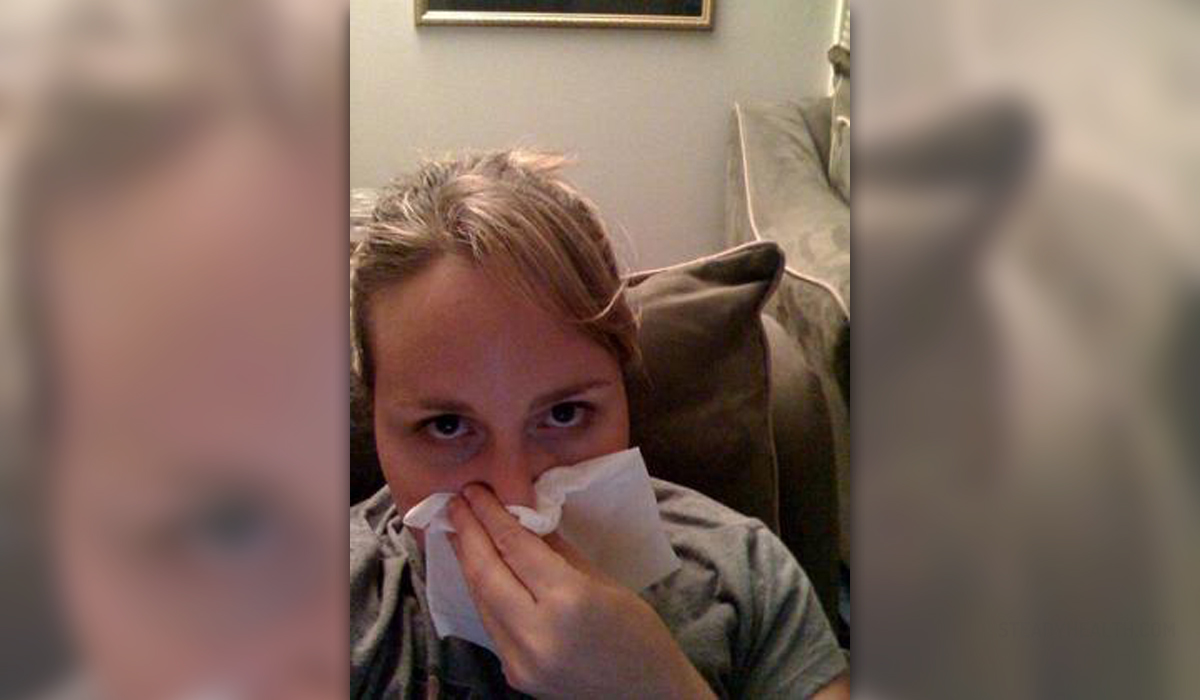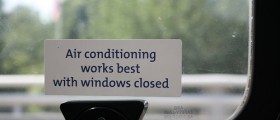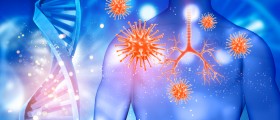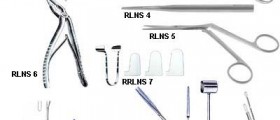
SinusInfection and Dizziness
Sinusinfections can prove to be particularly debilitating, causing vertigoand severe dizziness coupled with sinus pressure and pain. Dizzinessis when one feels unbalanced and unsteady, perhaps also beingmoderately light-headed. Sinus infections are typically remedied withmedications such as antibiotics.
Thesensation of being unstable can be a minor issue or can potentiallyindicate a very serious disease. In the case of sinus infections, theinstability may seem worse than it actually is because the infectiondirectly affects the inner ear's performance, affecting the balance.Sinus infections typically include symptoms such as a blocked orrunny nose, headaches (particularly in the front of the head andbehind the eyes) and ear ache. This seemingly minor affliction canpreclude a person from their normal daily activities and willgenerally be very annoying to deal with.
Dizzinessis quite hard to handle and will also preclude a person from doinganything productive due to the sensation of constant unease. Knowingthe symptoms of a sinus infection and the causes of dizziness canhelp when trying to prevent or cure the afflictions.
Causesof Sinus Infections and/or Dizziness
Commondiseases like colds, flus and fevers are usually the root causes ofsinus infections, which in turn cause dizziness. These diseases leadto sinusitis, which can, over time, bloom into an infection. Thisleads to headaches due to blockage of the sinuses by anoverproduction of mucus, loss of balance due to inflammation of theinner ear and other symptoms such as blurred vision or tinnitus.
Thequality of the air is also a factor in determining the causes ofsinus infections. If the air is too dry, the body responds byproducing more mucus. Foreign particles can then become trapped inthe mucus more easily than normal and can infect the sinuses becauseof that. Thus, a good quality air conditioner is advised when workingin an office space for extended periods of time. Keeping allergieslike hay fever under control is also the key to avoiding sinus infections,as these allergies also tend to stimulate the mucus production.
Treatment
Antibioticswill generally be prescribed by doctors to combat sinus infections,as well as other medications or treatments for the original causes ofthe sinus infections.
Theimmune system must be kept strong to help prevent sinus infections.This can be accomplished through regular exercising and a balanced dietincluding plenty of water. Prescription and over-the-countermedications and supplements can help fight off colds and the like,while antihistamines can help in controlling allergies. In this case,prevention is a simple job and is preferable to trying to remedy theaffliction itself.

















Your thoughts on this
Loading...